It’s a warm Tuesday afternoon in the deep San Fernando Valley, and the only day of the week Claude VonStroke is currently taking meetings.
The producer takes me through the cozy kitchen of his sprawling home, then across the verdant backyard, to a guest house that’s been converted into an office space. Here, his wife Aundy works in a room just behind the gleaming grand piano that dominates the primary space. Upstairs, where he works, the little attic is hot with many humming music machines.
He’s been up here most days lately, getting into creative flows that didn’t come as easily when he and Aundy were running Dirtybird — the label, events company, merch brand and long-running cultural hub that was synonymous with Claude VonStroke, the artist born with the all-time cool name Barclay Crenshaw.
VonStroke sold Dirtybird to EMPIRE in 2022, leaving the company he’d created alongside his wife, and which was home to a sprawling community of artists and signature sound that helped shift house music culture in the United States over the last ten-plus years. As fun as the Dirtybird Campouts, other brand parties and music all had been, running a company whose success was predicated on streams, relentless touring and ticket sales was also acutely stressful.
Now that he’s no longer spending his days fretting about P&L, VonStroke spends most of his time making music — except for this day of the week, when he sends emails, takes meetings, schedules social gatherings and generally tends to business. This new phase of his life is something that his publicist enthusiastically describes as “a full-on reintroduction to the world of Claude VonStroke, complete with a new creative direction and sound.”
The reinvention that VonStroke has been privately working on for years publicly starts today (April 25), with the release of a two-track EP, I Was the Wolf, which contains the title track and its cinematic B-side “Move With the Pack.” The project is the first release of a load of new music created in a time where much of the week just consists of being up in the little room, unbothered and happily toiling away.
At the family picnic table, Claude VonStroke sits down to talk about selling Dirtybird, the soul searching that followed and why now, he just wants to be like Bill Murray.
The way that this project has been framed is Claude VonStroke 2.0, a complete new era.
I mean, kind of.
Unpack that for me.
I started Dirtybird Records after a bunch of us started these free park parties, and I did it for 20 years. By the end, it was not a record label — it was a festival company, a clothing company, a record label and a pipeline for every new tech house artist ever. Like, every name came through there.
So I was listening to 600 demos a week, putting on a festival ourselves with no additional money, building cities in the middle of nowhere, freaking out about tickets every single day of the year. Doing 10 BBQ [parties], another circuit of parties. I got to a point where I was like, “This is so awesome. I got way further than I could have ever imagined. I did 10 festivals at least, and it was fantastic.” I knew during the last festival that it was [done]. I always told myself that when it stops being fun, I should just get out before it becomes un-fun. So I found someone who wanted to keep it going at EMPIRE, and that all worked out really well. So it was just a win-win scenario where they took it over, and I’m able to do whatever I want, and it’s fantastic.
So how is your life different today than it was before you sold the label?
The label sale happened at the end of 2022, and we just sold them the events company. They didn’t buy them together, which is why all of these [new Dirtybird] events just popped up… We tried to sell it all the first time. They didn’t want everything at first, and then they realized what we told them, that you actually need it. The label and the events go together. They’re symbiotic. Which is kind of what I’m doing again, but the new idea is the opposite of that idea, where now I’m kind of in my Moodymann phase where it’s like — I did everything that was hard, and now I only want to go to the rooms that are fun and interesting and it doesn’t matter what the money is. I just want to make tracks I think are interesting. And it’s more about space in my head and the love of music.
Versus relentless pushing every day?
Versus just keep going up the ladder, and “We need to do this to get this.”
I imagine there was a decompression phase?
I was probably the most annoying person to my wife for the six months after the sale. I got all in a funk and was like, “What am I doing?” I read about when other people sold their companies, and it was very similar. Like, you did something forever and you’re not doing it.
“What’s my identity, now that I’m not that guy?”
I actually went and figured it out. I went and did my bass project for 18 months. That was super fun, and then at the end of that, I was like, “Well, I’ll keep doing that, but I still like house music, but I’m glad I had a break. And now I can come back to it with a different perspective.”
How has the perspective changed?
It’s like what I was saying before. I’m just doing it for fun, only. I’m just doing it for me, I guess.
At what point did Dirtybird stop being fun?
Well it was always fun, but it was hard. It was maybe the last two or three years that I felt the sound had been kind of boxed in. As the tech house bro sound emerged, we got blamed for it, and then it went that way.
Do you take any of that blame?
Oh yeah. We brought Fisher through, John Summit, Shiba San. Even if we had their first record, they all came through our shop. So yes, of course. I wasn’t going in that direction anymore, so for me to be like “Okay, somebody wants this, because it’s freaking going crazy,” that was a good point to leave.
The two new tracks that are out sound pretty different than your previous stuff. How do define what you’re doing now, and what phase would you say you’re in?
It is kind of pulling back to 2005, 2006 German stuff that I was really into. My favorite label is Playhouse, which doesn’t even exist anymore, and artists like Roman Flügel and Isolée and these kind of guys. I was always obsessed with that stuff, and it’s kind of like that stuff, but also none of that stuff holds up sonically anymore. They’re still unbelievable tracks, but over the last 18 months producing bass music I’ve learned a lot of great production stuff. Honestly I’m probably a three times better DJ, because bass is all fast cuts and chops and moving around, and house music seems like it’s DJ-ing for dummies at this point.
That might have to be a pull quote.
I just got way better and way more skilled doing bass music, because it’s all sound design, and highly intensive and figuring out that I’m going to use five sounds, and they’re the best possible sounds, versus using 14 and just layering them up until they work. It’s a different philosophy of working.
One of the biggest things that I can’t even really explain is that for seven years that I worked here [at the house], I spent all this money on the downstairs room to try to fix a room that was never going to be fixed. The bass and everything is just f—ed in that room. My wife told me to move upstairs five years ago, and I didn’t listen to her. Then as soon as I moved upstairs, it’s the perfect shape and all my stuff just went [he makes a motion like his mind is being blown]. You make a song and it actually sounds the same in the club. All my rooms were bad until this year or last year. My entire career! I would have to go play like, 30 gigs before I could finish a track.
That’s bananas.
It’s a lot of getting depressed at the show, like, “This song sucks.”
Does that now give you a new level of confidence that you can go out and know things are right from the jump?
Yeah, it’s crazy. It’s a life-changing moment, actually, that the room actually works.
What is the music sounding like, beyond the two tracks that are out now?
It’s interesting the way this is all shaping up. You know how people say that you just say something, and it starts coming true? It’s rolling out like that, which is always fascinating. It does happen. I found a beat that I liked, and was trying to hammer it out, then I accidentally moved some of the sounds around and it became a completely different thing, and I finished the whole thing in one day, which I the best possible scenario. Every time that happens, it’s very good. [He talks about a collaboration he made a few days ago with Reggie Watts, who came over to the house to record vocals.] I’m probably not even supposed to be talking about it, but who cares, because no one’s in charge of me! There’s no record label telling me that I can’t talk about releases coming up, there’s no one telling me I can’t talk about who I’m working with.
In terms of a label, who’s releasing this music?
I’m just doing it DIY. No label. Just distribution.
Do you have an idea of what success for the music will look like for you?
No. I don’t know. [laughs] I think as long as I like them a lot. I guess that’s really Rick Rubin to say, but that’s all it is. I can’t control it, really. I hope certain tracks find their way to the people that they’re meant for. But I’m not trying to get the biggest tech house artist to play “I Was the Wolf.” That’s not a track for them. I just hope they make it into their niches.
Where does this new music bring you in terms of touring?
I really just want to go to the rooms that I either know that I already love, or that I want to try out. But that’s one thing you can get wrapped up in, that I was definitely wrapped up in. Like, “Oh, we better play this, so this guy will let us play this, so we can over here and play this show so we can be in this.” Politics. I’m not doing any of that.
What rooms do you love?
I love this room in Dallas called It’ll Do. Perfect house club, perfect layout. I like Coda in Toronto. I like Walter Wherehouse [in Phoenix]. I’m trusting my agent, and he says Knockdown Center is the coolest and most fun place in New York, so I’m going to check it out.
You’ve been doing this for a long time. Do you have any particular feelings about being a veteran in the scene?
There were people that I looked at like, “That looks like absolute best life.” It was people like DJ Harvey and Moodymann and people who are just living on their own timeline and their own sphere of influence and not really caring if they miss five phone calls or answer everyone’s emails. I remember towards the last few years, being like “these guys are f—ing geniuses.” DJ Koze too. This little enclave of guys where you can’t really contact them. Nobody knows what they’re doing.
They’re playing a flute in a cave on a mountain.
That’s kind of where I’m headed, if I can. It’s like the Shangri-La of DJ-ing. I’ll be with the goats on the mountain and people will be like “fly in the helicopter! He’s got to take this phone call!” Like the Bill Murray of DJ-ing.
How do you think Dirtybird shifted dance music culture?
Dirtybird made this shift in American house music, because in 2015 I said, “Okay my kids are at this age, I can’t go to Europe every other week anymore, so let’s literally be the best house music label in America and only crush America.” Then it was, “Let’s do festivals, crazy merch, hammering it through this US based producer pool.”
That changed what people thought of house music. There were these original Detroit and Chicago labels, but they weren’t bridging this gap to 18-year-olds, so we were like, “Here we are.” I always say we were like a gateway drug between Damian Lazarus and commercial dance. You start here and then you come to us and then you end up in a K-hole. I’m kidding! But you know what I mean.
So to what extent does this shift you’re in now have to do with your kids being older and you being able to go back out to Europe?
Everything. All the pieces make sense. Now my son’s in college, my daughter is applying to college. Everything is just making it easy to be like this. I’m not killing myself because this is due and this is due. It’s just a totally different thing.

The post “Claude VonStroke Is Back, And Wants to Be ‘The Bill Murray of DJ-ing’” by Katie Bain was published on 04/25/2025 by www.billboard.com



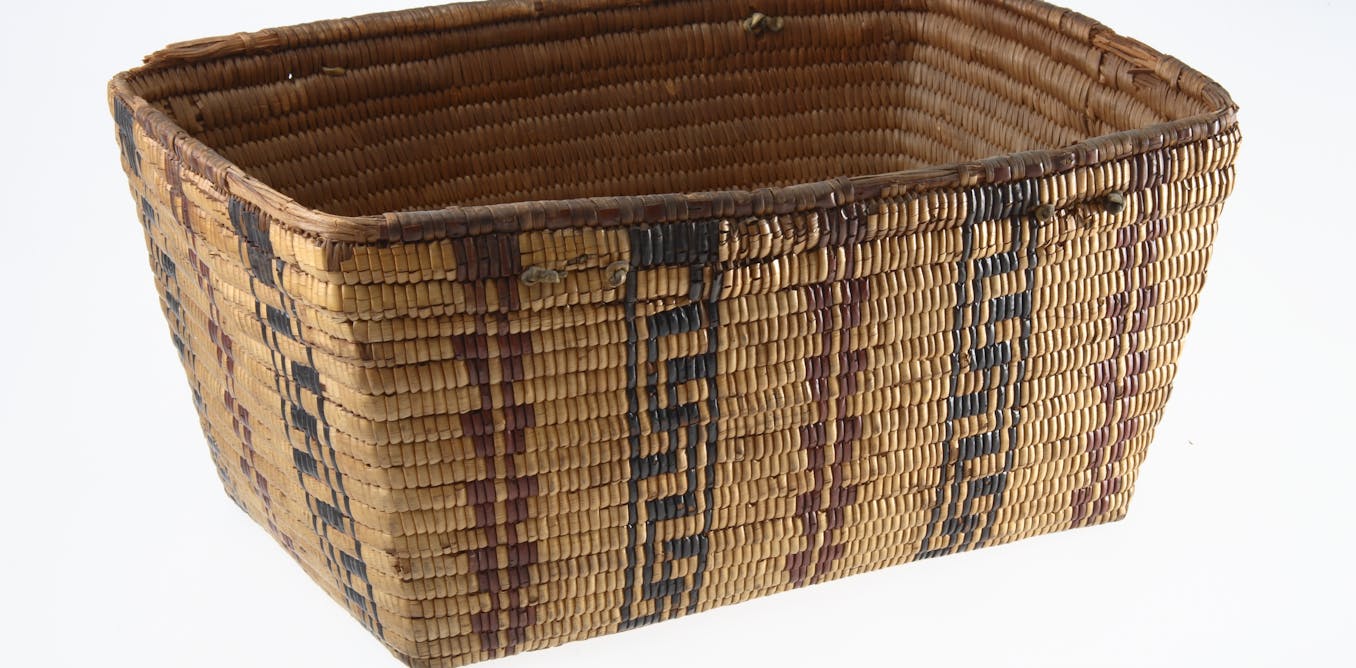

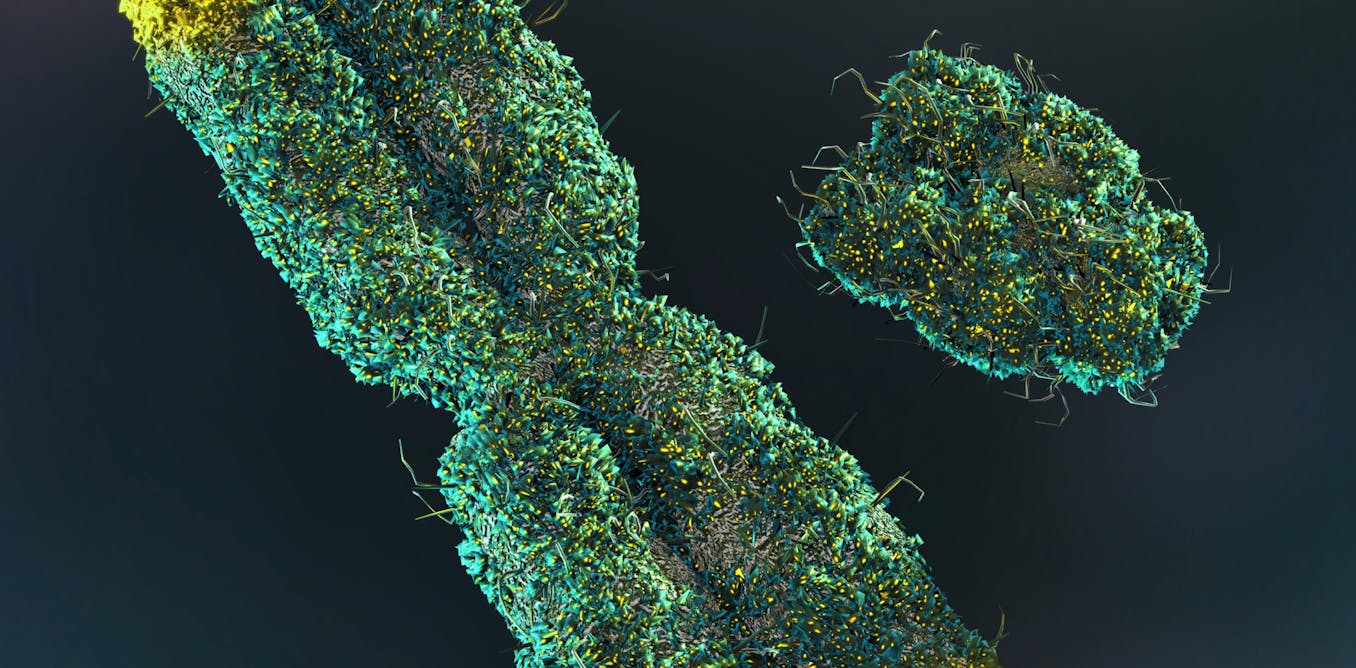

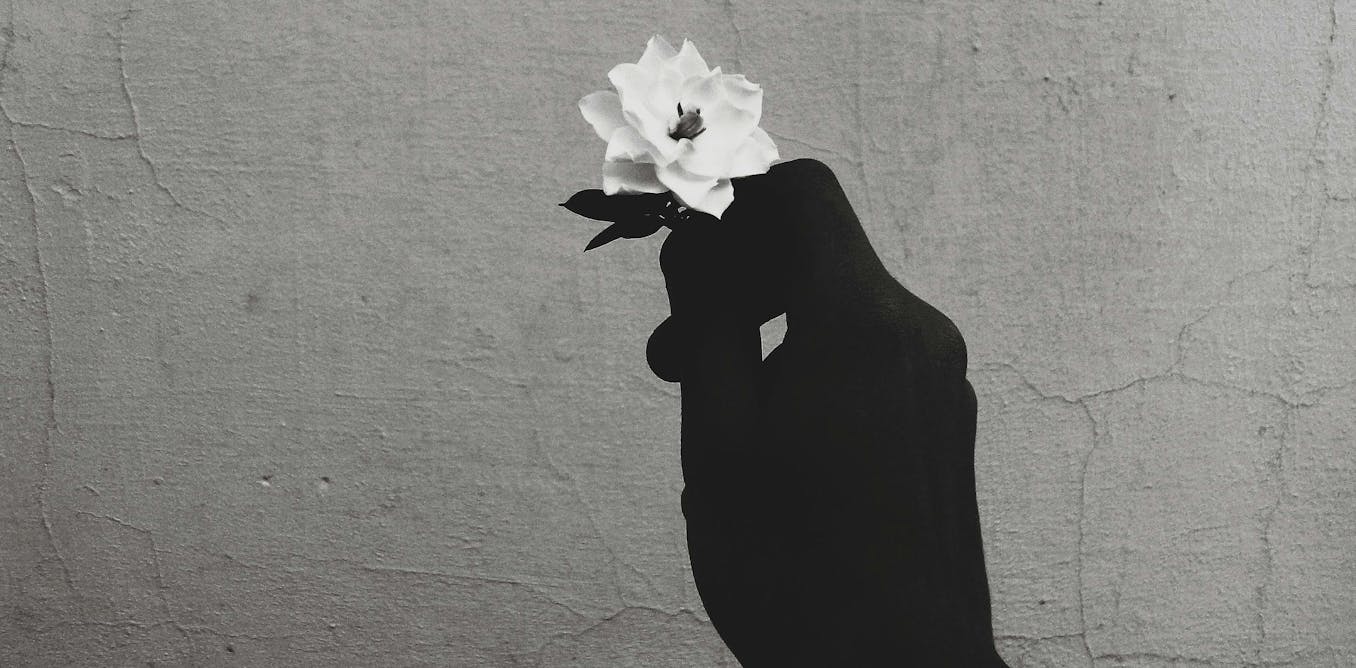





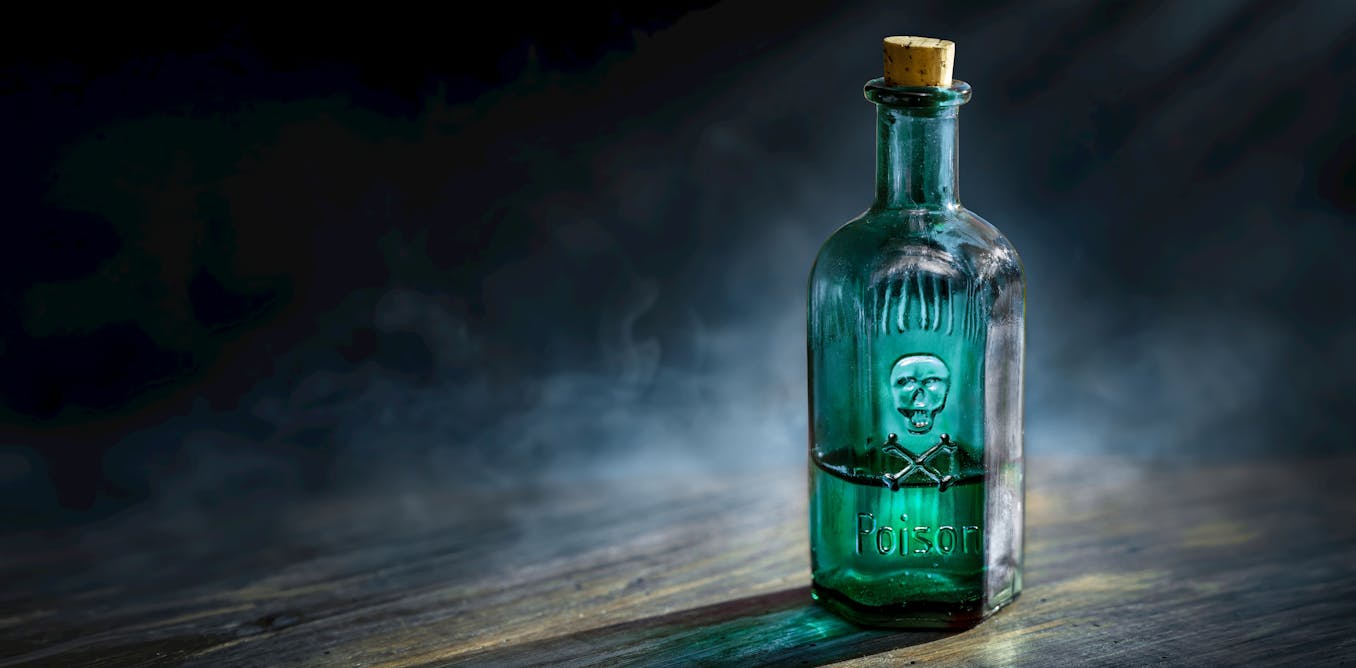






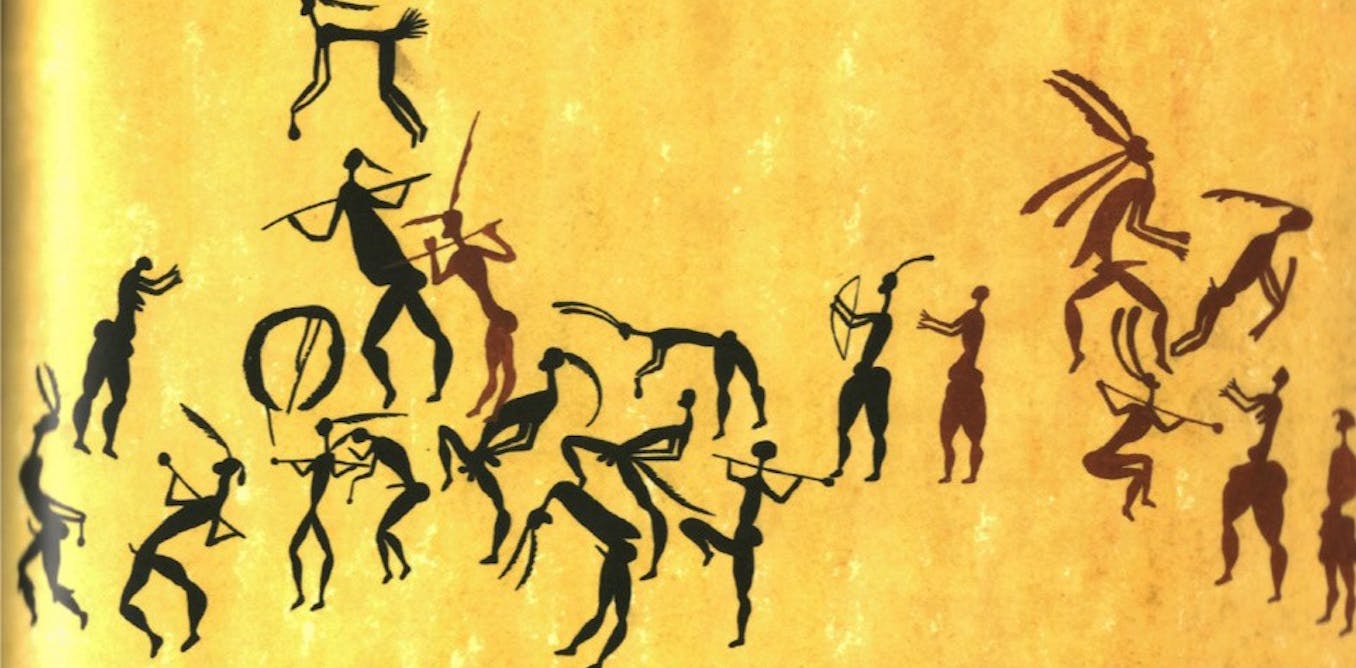



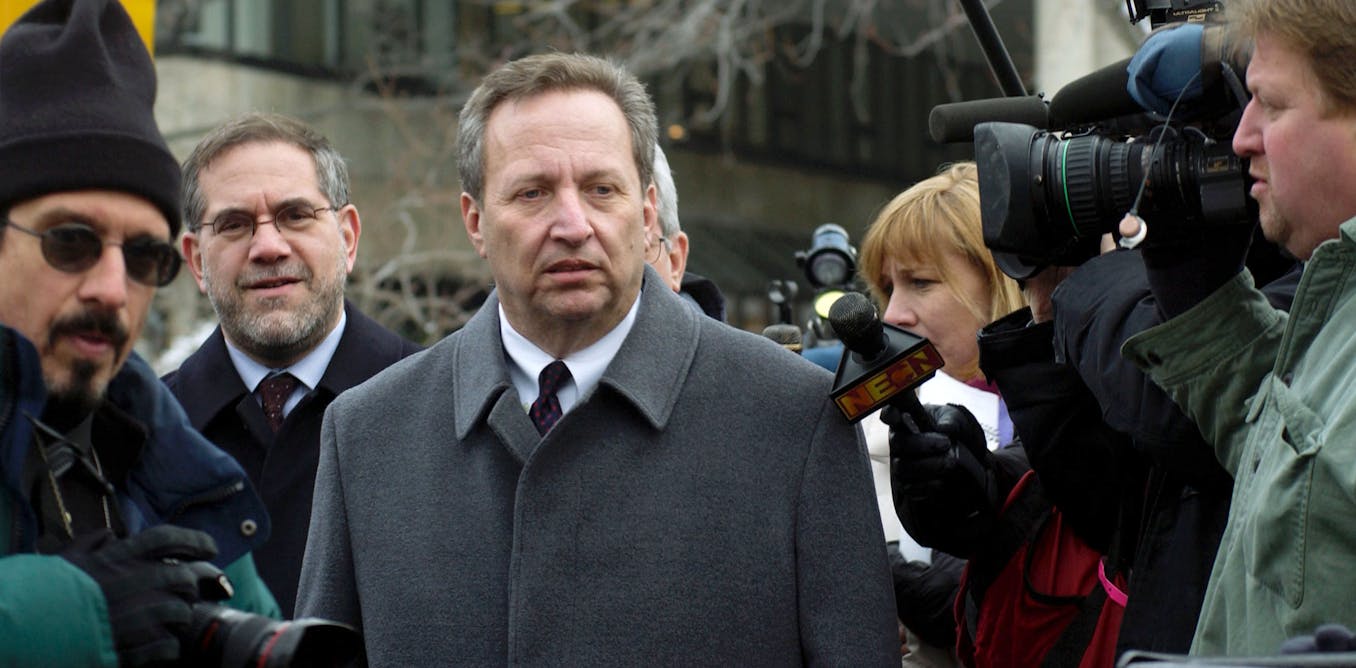













Leave a Reply